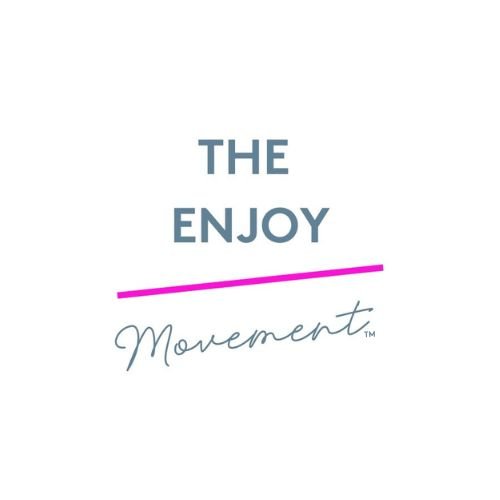what exercise can really do for your mental health
Guest blog by Ellie, personal trainer at The Enjoy Movement
“Reconnecting with yourself, especially when you are feeling low, anxious or stressed is so important when looking after your mental health.”
Let’s talk about mental health
The past year has been hard on all of us, and for so many, it has taken a particular toll on our mental health. Thankfully, this has enabled us to talk more openly about mental health and wellbeing, and this is a positive change.
We are also now more aware of what tools we use regularly that are effective at helping us manage our mood, emotions, and wellbeing. Reconnecting with yourself, especially when you are feeling low, anxious or stressed is so important when looking after your mental health. There are of course many ways that we can all do this; such as reading, listening to music, sharing your feelings with friends or family. Creating your own personal tool kit means that you have something to turn to, to support you, when you are feeling in a negative space.
We are all different and it’s worth taking the time to understand what works for you.
Creating Your mental health toolkit
Exercise is one of the tools we can use to achieve a sense of balance and is an integral part of my tool kit. Unsurprisingly, as I am a mental health personal trainer!
Exercise can make me feel fired up, happy, strong, confident, motivated, focused, peaceful, relaxed and de-stressed. There are many positive outcomes moving my body has on my mental health. Sometimes it’s a big shift in mood, sometimes it’s just gentle support that helps get me through the day.
Reconnecting with how exercise makes you feel means that you can create your own, internal motivations for wanting to regularly move, in ways that you love. This is absolutely key to having a positive, fulfilling relationship with movement.
Time and time again people express how running, dancing, strength training or yoga has helped them to regulate their mental health.
Movement for wellbeing
When it comes to your mental health and wellbeing, movement is a fantastic way to regulate yourself. It is not a replacement or alternative to therapies, medications, talking to others or seeking professional help. Used alongside these, however, exercise can be an accessible and effective part of your mental health tool kit and journey. It certainly was for me, and I am passionate about supporting you on your wellbeing journey.
“My advice, find something you LOVE and notice how it makes you feel. When you find something you enjoy then hold onto it! Keep it in your toolkit. And use it to reconnect with yourself.”
What else could be in your tool kit?
Of course, exercise works for many of us but the benefits of a tool kit are that it combines different elements that can support our mental health. We all respond differently, so spend some time exploring what might work for you.
Some thoughts below on what you could add to yours.
Talk to a friend.
Talk to a health care professional.
Relaxation, mindfulness and stress reduction exercises.
Journaling (writing your thoughts in a notebook).
Creative life-affirming activities like painting, singing, dancing, cooking.
When to seek help
As a mental health personal trainer, I will highlight at this point that there is a limit to what exercise can do for your wellbeing. It can be tempting sometimes to rely too heavily on exercise and to use it as a way to ‘fix’ your mental health. If you feel compelled to be active, this can be a sign that you are actually distracting yourself from your internal struggles. It takes some self-awareness to recognise if this is happening to you. If this sounds familiar, please be kind to yourself and take some steps to reach out to a friend, family member, GP, mental health professional, or a charity such as Mind or the Samaritans.
Our mission, at The Enjoy Movement, is to support you to enjoy moving your body and embracing the mental and physical health benefits that this brings, so do get in touch if you would like to chat.
Mental Health Personal Trainer
Mental Health First Aider
GP and Exercise Referral Specialist
Pre & Post Natal Exercise Specialist
If you’re interested in working 1-2-1 with Ellie, please get in touch.
.
Follow Ellie on Instagram



